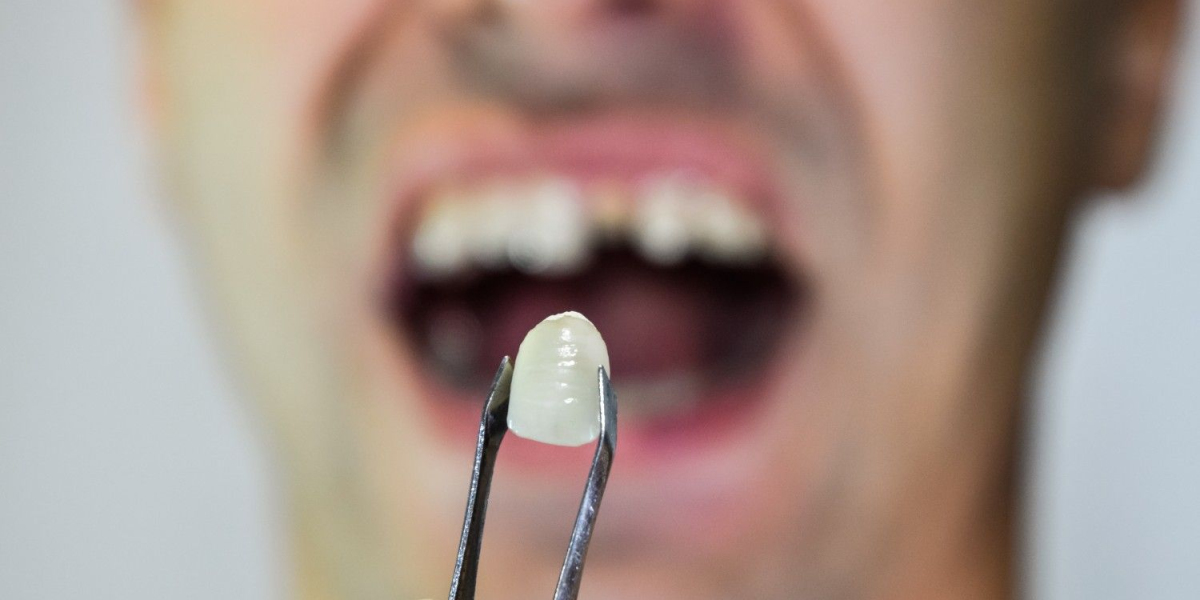Teeth whitening has become one of the most sought-after cosmetic dental treatments in recent years, with many patients in cities like Belfast exploring safe and effective ways to achieve a brighter smile. Whether it’s in-office whitening, at-home trays, or professional-grade gels, the treatment is often associated with questions regarding its safety. One of the most common concerns is whether whitening procedures damage tooth enamel, the protective outer layer of the teeth.
This blog explores the science behind professional whitening, separates fact from myth, and highlights why patients considering Teeth Whitening Belfast treatments have little reason to worry when it’s carried out under professional supervision.
Understanding Tooth Enamel
Tooth enamel is the hardest substance in the human body and acts as the primary defence against decay, wear, and staining. Unlike other tissues in the body, enamel does not regenerate once it is lost, making its preservation critical for long-term oral health. Naturally, any treatment that could compromise this protective layer is viewed with caution.
Modern whitening systems use peroxide-based agents such as hydrogen peroxide or carbamide peroxide. These agents work by penetrating the surface of the enamel and breaking down stain molecules without removing or thinning the enamel itself. Clinical studies and extensive research confirm that when used as directed in a professional setting, enamel remains structurally intact and unharmed.
Common Myths about Teeth Whitening
There are many misconceptions surrounding whitening treatments, especially those widely discussed online. To better understand what whitening does and doesn’t do, let’s address some of the most common myths:
- Whitening erodes enamel permanently
- Whitening substances are unsafe
- Only over-the-counter products are harmless
- Whitening makes teeth weaker over time
These misconceptions often deter patients from considering teeth whitening Belfast, even when the evidence shows otherwise. In truth, enamel is not stripped or dissolved, but the stains trapped within it are targeted and lifted.

What Clinical Studies Reveal
Multiple peer-reviewed studies have demonstrated that professional whitening treatments, when properly managed, do not cause long-term damage to enamel. The short-term sensitivity that some patients experience is typically a temporary side effect related to dentinal fluid movement or gum irritation, rather than actual enamel loss.
Dentists often take preventative steps such as recommending desensitising pastes, fluoride varnishes, or spacing out whitening sessions based on the patient’s needs. Therefore, patients in Belfast who opt for safe whitening under the care of their dentist can enjoy brighter results without compromising enamel.
Benefits of Professional Whitening
When compared to shop-bought whitening strips and DIY alternatives, professional treatments offer a wide range of benefits that enhance not just appearance but also overall oral health.
- Supervised application ensures enamel integrity is maintained
- Higher concentration gels are used safely and effectively
- Gum tissues are protected by dental professionals
- Desensitising measures can be taken if needed
Patients who undergo whitening with a trained dentist are less likely to experience complications and can expect results tailored to their unique dental structure.
DIY Kits vs Professional Whitening
Patients often debate whether to choose over-the-counter kits or a dentist-supervised treatment. The table below compares the two options to help clarify differences for those considering Teeth Whitening Belfast services.
Aspect | DIY Whitening Kits | Professional Whitening (Dentist) |
Safety | Risk of misuse and enamel irritation | Monitored carefully for safety and comfort |
Concentration of Whitening Gel | Lower, slower results | Higher, faster visible results |
Gum Protection | None, risk of burns | Barriers and gels protect gum tissue |
Custom Fit | Generic strips/trays | Tailored trays and targeted applications |
Long-term Effectiveness | Results fade quickly | More durable, predictable outcome |
Avoiding Damage During Whitening
Although enamel is not harmed by professional whitening, certain practices can reduce comfort or increase temporary sensitivity. To minimise risks:
- Always choose a qualified dentist over shop kits
- Follow aftercare guidance, including avoiding staining food and drinks
- Use fluoride toothpaste to strengthen the enamel’s surface
- Avoid repeated excessive whitening sessions
By following professionally outlined treatment schedules, whitening remains safe and effective, especially in cases where patients already have restorations like crowns or a Dental Implant Belfast.
Linking Whitening with Dental Implants
One common patient question is whether teeth whitening can affect a dental implant. It is important to note that implants are made with materials such as titanium and zirconia, which do not whiten like natural teeth. This does not damage the implant in any way, but it does mean the surrounding natural teeth should be whitened before the implant crown is selected and fitted to ensure colour consistency.
Patients in Belfast considering both whitening and dental implant Belfast procedures may wish to undergo whitening beforehand so their restored smile appears even and natur
Key Takeaways about Enamel Safety
The science behind whitening is reassuring: enamel is not worn down or compromised when whitening is performed correctly. Treatments work at a molecular level on stains, leaving the enamel structurally unchanged. Temporary sensitivity and gum reaction are the most common side effects and are manageable with professional guidance.
When Patients Should Avoid Whitening
Teeth whitening, while safe, is not suitable for everyone. Patients with severe gum disease, exposed roots, untreated decay, or significant enamel wear might be advised to delay whitening until these issues are treated. Similarly, patients with dental restorations will need personalised plans since veneers, crowns, and implants do not respond to whitening.
Those undertaking orthodontic treatment or certain restorative procedures may be advised to wait until completion before beginning whitening for best results.
Why Professional Guidance Matters
Choosing to see a professional for Teeth Whitening Belfast not only ensures safer treatment but also allows a dentist to assess whether a patient is a good candidate. Dentists can highlight any conditions that might make whitening less effective, advise on which system to use, and ensure results that blend seamlessly with implants or restorations.
Conclusion
Teeth whitening does not damage enamel when performed professionally. Instead, it lifts stains, preserves enamel integrity, and creates more radiant smiles. Patients in Belfast interested in whitening should consult with a trusted dental team to receive a personalised plan, especially if considering multiple treatments such as a Dental Implant Belfast. For expert-led care, Smilo Dental Implants Group is here to provide safe whitening solutions that balance both aesthetics and long-term oral health.







